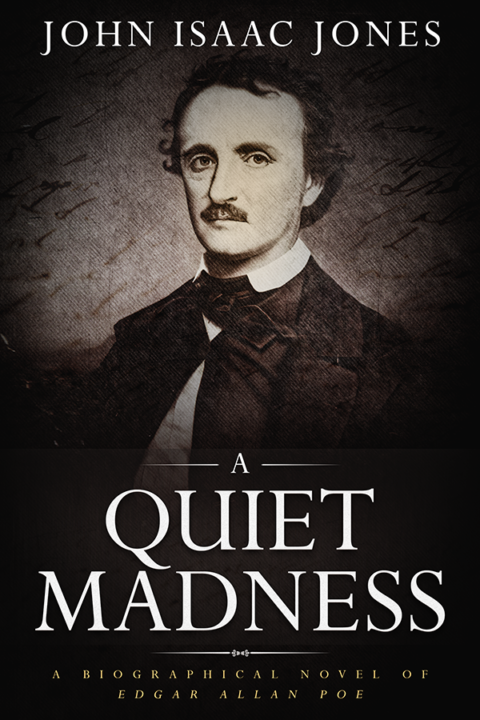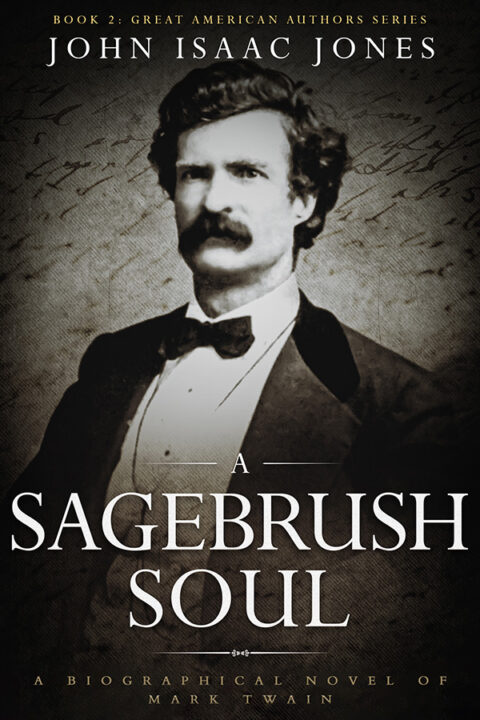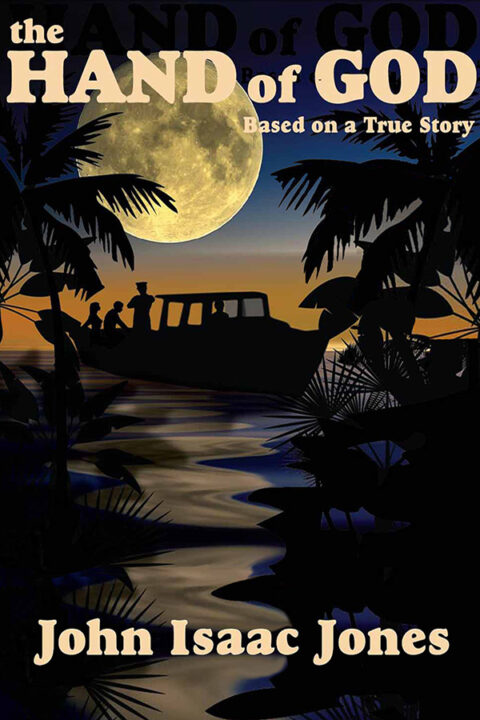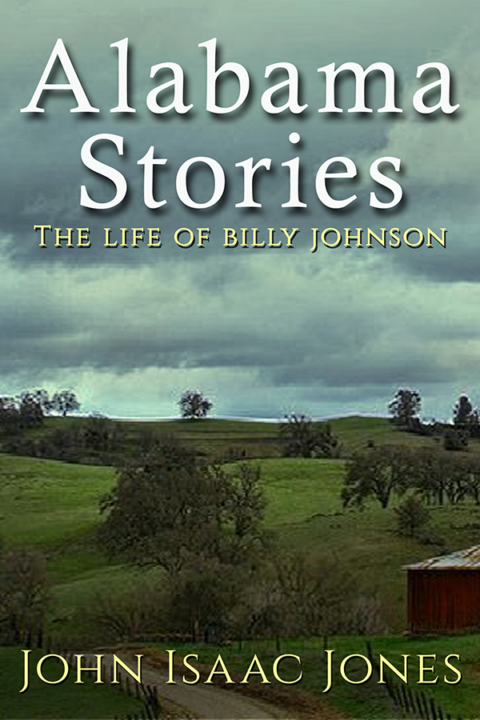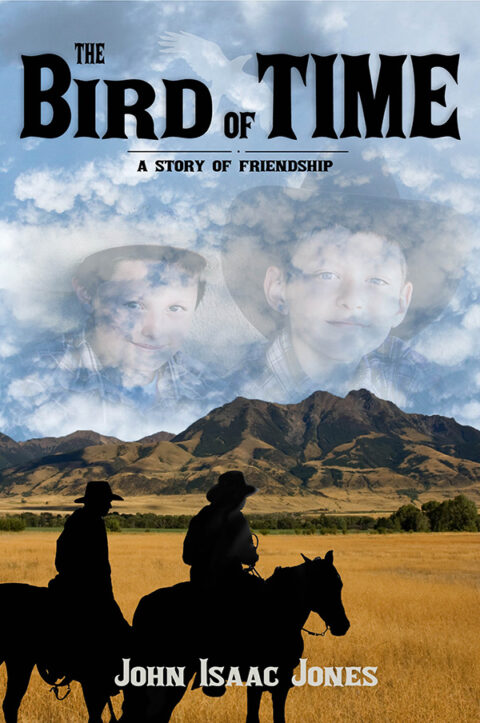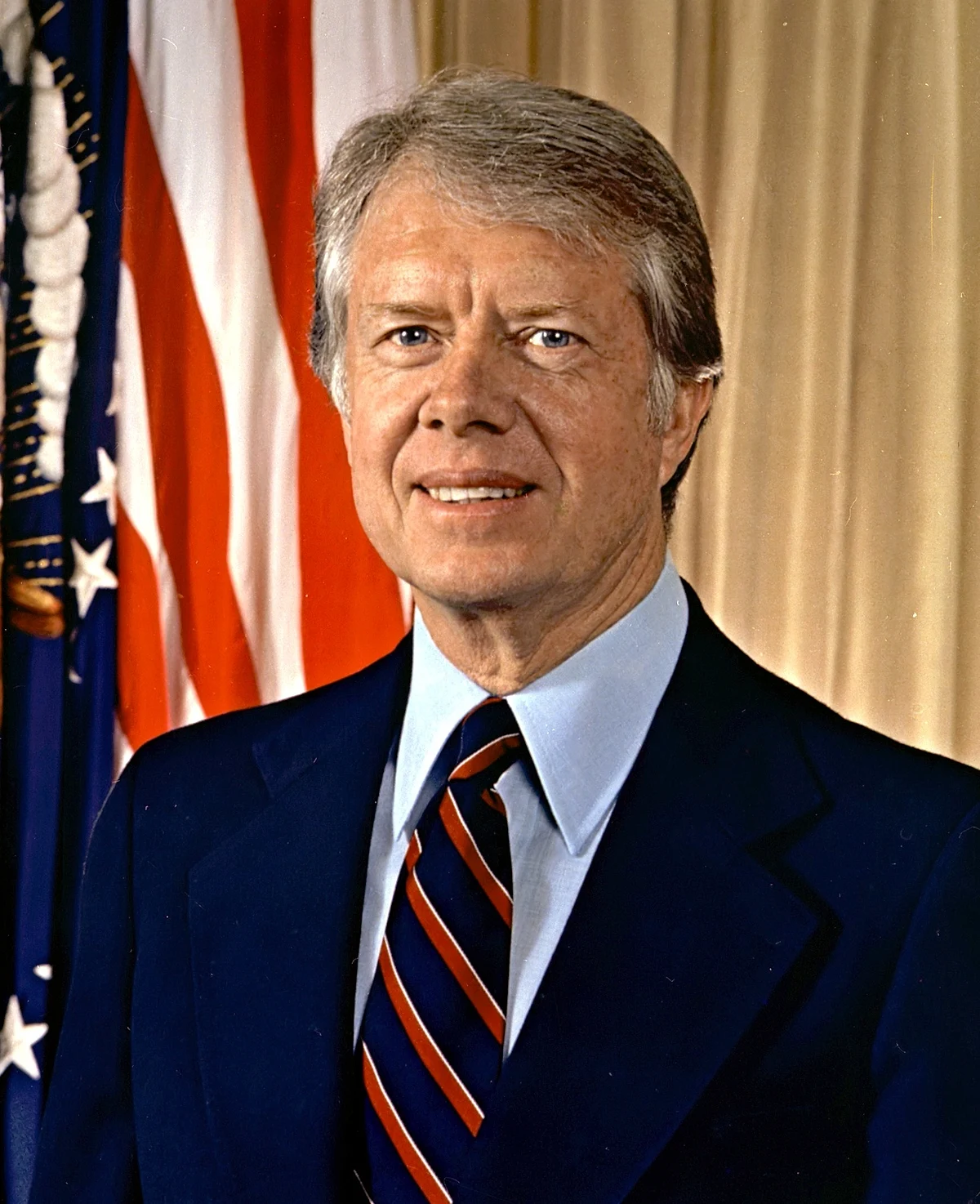
(When I turned on the news yesterday afternoon and learned that former President Jimmy Carter had passed away at age 100, my mind was filled with memories of the two years I spent covering him for The National Enquirer in 1977-78. Here are my reminisces.)
By the end of 1976, Watergate had paralyzed the government and Americans were ready for a change in leadership. Tricky Dick was so consumed with defending himself about his role in the Watergate mess that the government was basically running itself. The Republicans knew that, with Gerald Ford, Nixon’s VP as their candidate, they were on the short end of the stick in the upcoming election. Their candidate was not only part of the establishment voters had learned to hate, but he had pardoned his infamous predecessor for his crimes. As a result, Ford had a certain amount of the same stink as his Nixon.
Meanwhile, the Democrats, taking advantage of the voters’ disgruntled mood, sought out a candidate that was as far removed as possible from Washington and the Watergate scandal. They wanted a candidate who not only presented a fresh face, but projected a wholesome image of the so-called “common man.” Finally, after intense screening, they selected a Southerner, a man named James Earl Carter Jr. who, with his toothy grin and impressive record as governor of Georgia, seemed to fill the bill. The choice proved to be a wise one and, in the general election on November 2, 1976, Carter won by a landslide victory.
***
In late November, three weeks after the election, Jan Goodwin, my editor at The Enquirer, called me into her office.
“Do you fancy a trip to Washington?” she asked.
“Got a government waste story?”
“No,” he replied. “I mean permanently.”
I drew back.
“Permanently?”
She nodded.
“The boss wants you to go live in Washington and become our Jimmy Carter reporter. Now that we’ve got a deep Southerner in the White House, he says another deeper Southerner like yourself is the perfect person to cover him.”
“The Boss” Simon was referring to was none other than Generoso Pope Jr., editor and publisher of the Enquirer.
It was so sudden that, at first, I didn’t know how to answer.
“You’ll be working out of the Washington bureau,” Jan continued. “There will be government waste and some medical stories. Mostly what Mr. Pope wants are human interest stories about the new president.”
“Can I think about it?” I asked finally.
There was a long silence.
“You want to go up there for a few days just to see if you like it?” Jan suggested. “You can go sightseeing, check out the bureau, get a feel for the nation’s capital. It’ll be totally different from south Florida.”
I told Jan to have the travel department set up the trip.
***
The next morning, I caught a flight from Palm Beach to Washington National. Before I arrived, I knew exactly what my plans were. I had always wanted to go sightseeing in the nation’s capital. As soon as I checked into the DuPont Plaza Hotel, I caught a taxi and went straight to the Smithsonian. There, I spent four hours seeing the Spirit of St. Louis, replicas of the Columbian ships, the woolly mammoths, and the seemingly endless collection of art and artifacts housed in the museum. It was too much for one day.
That afternoon, I visited the Enquirer bureau offices in the National Press Building at 14th and Constitution, and as I walked through the shiny, marble hallways, I passed offices representing newspapers from throughout the world. There were publications from Hong Kong, Jakarta, Sydney, Berlin, Vienna, Amsterdam, Moscow, New Delhi, Johannesburg, and Rio de Janeiro. My goodness, I thought, this is the big time. Afterward, on a trip to Capitol Hill, I wandered through the congress and senate chambers, soaking up their history. Finally, I lazed away the rest of the autumn afternoon in the park at DuPont Circle, listening and watching as the locals argued politics and played chess.
Everything in this town centered on the government. It was filled with history, culture, music, theater, and the arts and, whether I wanted to admit it or not, I was becoming weary of Florida. I still loved the beach and I liked to go deep sea fishing every month or two, but culturally, Florida didn’t have much to offer. I had never lived in the middle of a large metropolitan city and, secretly, I had always wanted to live the life of a full-fledged city boy and wear suits, dine at fancy restaurants, and go to the theater with a beautiful woman on my arm. As big cities go, it wasn’t New York, but it was close. Suddenly, I realized how I hungered for the different and the new. The following morning, I called Jan and told her I wanted to make the move.
Two weeks later, I was safely ensconced in the Hilton at the top of Connecticut Avenue and had my first assignment, “The Childhood of Jimmy Carter.”
“There has got to be some scandal in this man’s life,” Jan said. “All little boys tie cans to dog’s tails and tear wings off butterflies. Mr. Pope wants to know all of the bad things he’s done. The clips say he’s had lots of problems with his younger brother Billy over the years. Be sure to check that out.”
So I joined a team of reporters and was shipped off to Plains, Georgia, Carter’s hometown, to see what we could dig up. The oldest of four children born to James Earl Carter Sr. and the former Lillian Gordy, the new president was part of a second-generation peanut farming family. From the first day of the investigation, “Jim Bob,” as Mr. Pope facetiously nicknamed the new president, seemed to be a model citizen.
As a high school student, he was class valedictorian, a member of the FFA, and an avid churchgoer. After high school, his father used his political connections to win him an appointment to the Naval Academy at Annapolis, where he graduated with honors.
After completing his service in the Navy, Carter returned to Plains for several years and ran the family farm before entering politics. Quickly, he moved up the ranks, becoming first a state senator, then, after one unsuccessful bid, he was elected governor in 1970.
Carter brought a toothy smile, a down-home folksiness, and a certain childlike innocence to Georgia politics. At the time he was elected president, he’d been married to his high school sweetheart, the former Rosalynn Smith, for twenty-eight years and they had three adult sons and a young daughter.
“Jim Bob’s” mother, Miss Lillian, was the family matriarch and obviously on my short list for an in-depth interview.
When I sat down with her at the “Pond House” near the family home in Plains,the first thing she asked about was my affiliation.
“The National Enquirer?” she said. “Oh, John, I love your publication. There are great recipes and household tips, and I can catch up on all the Hollywood gossip, but I could never be seen buying one. Why, I’d be the laughing stock of Plains, Georgia.”
“So how do you get it?” I asked.
“Thelma Blevins gets it in the mail,” she replied, almost in a whisper. “Once she reads it, she gives it to me. Once I’ve read it, I pass it on to Henrietta Cline and she passes it to Rhoda McElroy. Is all that stuff true about UFOs and aliens?”
“There lots of evidence to support it,” I replied. “Whether it’s true or not, people like to read about it.”
“Oh, yes!” she replied. “It’s all very interesting.”
I asked about the long-time rivalry between Jimmy and his brother Billy.
“When they were young, they were the best of friends,” she said. “Although there was several years’ difference in their ages, they played ball, fished in the creeks, and worked on the farm together. After my husband died and Jimmy returned and took over the family business, Billy was sorely disappointed. He thought the farm should come to him after my husband passed and, from that point on, nothing was ever the same. If Jimmy said something was black, Billy called it white.”
Miss Lillian said her oldest son had inherited the gift of gab from his father and it had carried him a long way in life.
“Jimmy could talk to people,” she said. “He could convince people to do things and get them to take orders from him. Billy, on the other hand, never had that. He liked to keep to himself and read books.”
After eight days in Plains, we found none of the bad things Mr. Pope had been expecting. The new president had been a model citizen. He’d never been arrested, and he’d been an avid churchgoer who followed all the rules and proved to be an asset to his community. The only bad thing we found was that, once, during the church service when he was eight years old, he’d taken a penny out of the plate when it was passed.
“Is that all you’ve got?” Jan said when I filed my story.
“That’s it,” I said. “This guy is squeaky clean.”
I could hear the disappointment in her silence.
***
So I settled into covering the new president. I knew GP had no interest in politics. Enquirer readers couldn’t care less about the infighting between the Democrats and Republicans. Subjects like budget deficits, foreign policy, cabinet reshuffles, and Supreme Court appointments were totally lost on Enquirer readers. What “the boss” wanted was personal tidbits about the president, his idiosyncrasies, anything unusual about him and his pets, his sense of fashion, and quirky, silly gossip overlooked in the daily press.
Early on, I learned that stories about his brother Billy were almost as popular as stories about the president himself. One afternoon, I got a call from the mayor of Plains, saying Billy had bought a new home in nearby Buena Vista.
“Now that his brother is president, Billy thinks he’s too good to live in Plains with us regular folks,” the mayor said. “Well, I can tell you, the people of Plains are just as good as Billy Carter.”
Outraged, he went on and on.
“The people of Plains won’t miss him,” the mayor said. “If he’s so high and mighty, he can just go to Buena Vista and stay there. The people of Plains are glad to be rid of him.”
The call was a gift from heaven. It went on the front page and more than made up for the poor showing I had on the childhood story.
A few days later, I wrote a truly stupid story with a headline that read, “Nation’s Capital welcomes Southerners.” Mr. Pope wanted to be sure that his readers knew Carter and his new administration of mostly southerners were being graciously welcomed in the capital.
The story consisted of quotes from long-time Washington residents saying things like “President Carter is going to make us a fine president,” “We just love southerners here in the nation’s capital,” and “I’ve never seen such fine people as these southerners who are here to help our new president.” Great God, I thought, as I filed the story, what am I doing with my life?
***
Another of my regular reportorial chores was to attend the First Baptist Church in Washington, the First Family’s adopted church, and report on the president’s worship activities. On Sunday mornings, I would arrive around 9:15 a.m. and drive slowly past the church’s front entrance. At either corner of the block, I would see the Secret Service agents at their posts. All of the old women and an assortment of other parishioners would be loitering near the front door, waiting to greet the First Family.
Around 9:45 a.m., the presidential limousine would pull up in front and Jimmy, Rosalynn, and little Amy would emerge. Striding beside the president was the marine corporal who carried the “football,” the briefcase that contained the secret codes for launching the nation’s nuclear weapons. Once the trio had run the gauntlet of well-wishers, they would enter the church and take a seat in their special pew. The First Family pew was situated perfectly in the middle balcony of the upper level in the church facing the pulpit. Once everyone was seated, the minister would begin the day’s sermon and, after some thirty minutes, he would begin to call on churchgoers to testify for Christ.
Invariably, during services, the pastor would call on the president to testify, and Jimmy would launch into a lengthy diatribe about the influence Christ had had on his life. Once the president started talking, it was almost like he was delivering a political speech, but, in this case, he wasn’t asking for votes; he was making his personal testimony for Jesus. Once services were finished, the First Family had to run the gauntlet again to return to the presidential limo.
Over the next two years, I covered more and more Jimmy Carter stories, many of which were fluffy little pieces about Miss Lillian’s favorite soap operas and Rosalynn’s favorite dresses and little Amy taking her dog to the vet.
Mr. Pope was keenly interested in the president’s health and, every few months, Jan instructed me to go to the White House and get all of the results from the president’s most recent medical checkup. The White House physician, a tall, balding, serious man in his early sixties, would always meet me in a small press office near the front door, then he would read off the president’s test results on blood pressure, PSA, dietary requirements, cardiac indicators, and sodium levels. Even if all of the tests were good, PG felt it was worth a story because he wanted his readers to know their president was in great health.
Even before he was elected, Carter was the object of his younger brother’s revenge. When the press met Carter’s family in Plains for the first time, Billy was ready to pounce.
“My whole family is crazy,” he said. “My mother joined the Peace Corps when she was sixty-eight. My sister is a motorcycle freak; my other sister is a Holy Roller evangelist, and my brother thinks he’s going to be president. I’m the only sane member of this family.”
After riding his brother’s coattails to fame as a good ole beer-drinking country boy, Billy got an agent, became a regular on the national talk show circuit, and even had a beer named after him. While promoting Billy Beer in London, the younger brother relieved himself in the bushes at Heathrow Airport in front of the press and a host of international dignitaries. Naturally, the world press had a field day with that one.
Meanwhile, I loved my life in DC. After work each day, I would leave the office, take the subway to DuPont Circle, then walk to the Hilton. Once I had showered, I would take my bicycle and explore off-the-beaten-path historical sites such as the Georgetown restaurant where JFK proposed to Jackie, the apartment where Senator Grover Cleveland housed his mistress and their illegitimate child, or the boarding house where John Wilkes Booth and his accomplices laid plans to assassinate Lincoln.
One of the true wonders of the nation’s capital has always been its history. Raw history lives in every square inch of Washington, D.C., but one must go out and discover it. Many times, the act of discovery will prove to be more entertaining that the history itself. During those history-seeking afternoons, if the mood struck, I would stop by a French restaurant on Connecticut for a red wine and bouillabaisse, or pedal down to Georgetown for coconut chicken at the Tsingtao on Wisconsin Ave. Those were such happy days!
I will always remember the two glorious years I spent in the nation’s capital covering Carter. The country boy that grew up in the hills of North Alabama became a full-fledged city wearing suits, taking taxi cabs everywhere and dining at fancy restaurants on Mr. Pope’s dime. All of it happened because of James Earl Carter.
Thanks, Jimmy! Thanks for the memories! May you rest in peace!
